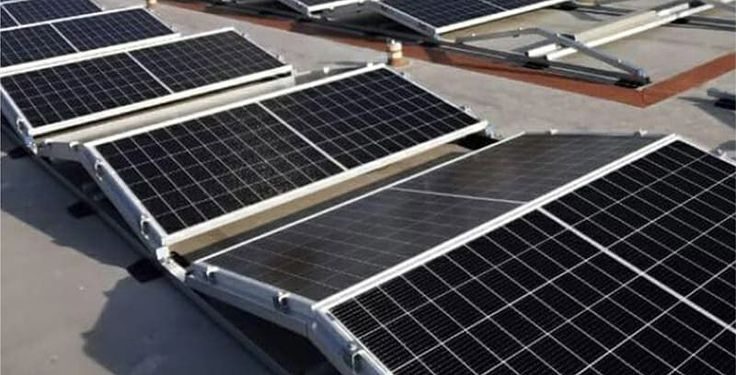In an era increasingly defined by sustainability and rising energy costs, businesses across various sectors are turning to renewable energy solutions. Among these, commercial solar systems stand out as a highly advantageous investment, offering a multitude of benefits that extend far beyond environmental responsibility. Installing solar panels can significantly impact a company’s bottom line, public image, and operational resilience. This article explores the compelling advantages that commercial solar systems bring to businesses, making them a smart and strategic choice for the future.
Significant Cost Savings on Energy Bills
One of the most immediate and tangible benefits of installing a commercial solar system is the substantial reduction in electricity bills. Businesses often face high and unpredictable energy costs, which can fluctuate with market demands and global events. By generating their own electricity, companies can drastically cut down on their reliance on grid power, leading to considerable savings over the lifespan of the solar panels, which can be 25 years or more.
Furthermore, any excess electricity generated can often be sold back to the grid through “net metering” programs, creating an additional revenue stream or credits that further offset energy expenses. This predictable energy cost also helps businesses better manage their budgets and financial forecasts, providing a hedge against future energy price increases.
Enhanced Brand Image and Corporate Social Responsibility (CSR)
In today’s market, consumers, investors, and employees are increasingly conscious of environmental issues. Adopting solar energy demonstrates a strong commitment to sustainability and corporate social responsibility (CSR). This can significantly enhance a company’s brand image, making it more appealing to environmentally conscious customers and attracting top talent who prioritize working for responsible organizations.
Showcasing a commitment to green initiatives can also provide a competitive edge, differentiating a business from its rivals. This positive public perception can translate into increased customer loyalty, new business opportunities, and a stronger reputation within the community and industry.
Energy Independence and Grid Resilience
Commercial solar systems offer businesses a degree of energy independence, reducing their vulnerability to power outages, grid instability, and geopolitical factors affecting energy supply. While most commercial systems remain grid-tied, they provide a reliable source of power, especially when combined with battery storage solutions.
This enhanced resilience ensures business continuity during peak demand periods or unexpected disruptions, minimizing downtime and potential losses. For operations that require consistent power, such as manufacturing or data centers, solar energy provides a critical layer of reliability.
Attractive Financial Incentives and Tax Benefits
Governments and local authorities often provide various incentives to encourage businesses to adopt solar energy. These can include:
- Tax Credits: Such as the Investment Tax Credit (ITC) in the U.S., which allows businesses to deduct a percentage of their solar system cost from their federal taxes.
- Grants and Rebates: Direct financial assistance or rebates for installing solar panels.
- Accelerated Depreciation: Allowing businesses to recover the cost of their solar investment more quickly.
- Feed-in Tariffs (FiTs): Payments for each unit of renewable electricity generated, even if consumed on-site.
These incentives can significantly reduce the upfront cost of solar installation, making the return on investment (ROI) even more attractive and shortening the payback period.
Long-Term Asset Value and Property Enhancement
Installing a solar system is not just an operational expense; it’s an investment that adds long-term value to a commercial property. Solar panels are durable, require minimal maintenance, and have a long operational life. A property equipped with solar panels is often more attractive to potential buyers or tenants, commanding higher valuations due to lower operating costs and modern infrastructure.
This enhancement of asset value means that the solar system pays for itself over time through energy savings and can even become a selling point if the business decides to relocate or sell its premises.
Reduced Carbon Footprint and Environmental Impact
Beyond the financial and operational benefits, commercial solar systems play a crucial role in reducing a business’s environmental impact. By generating clean electricity from the sun, companies significantly lower their greenhouse gas emissions, contributing to the fight against climate change. This commitment to environmental stewardship aligns with global efforts to transition to a low-carbon economy and helps businesses meet their sustainability goals.
Conclusion
The decision to invest in a commercial solar system is a multifaceted one, offering a compelling array of benefits for businesses of all sizes. From substantial cost savings and enhanced brand reputation to increased energy independence and attractive financial incentives, solar power presents a powerful solution for modern enterprises. As the world continues its shift towards sustainable practices, adopting commercial solar is not just an environmentally responsible choice but a strategically sound investment that yields significant long-term returns.








